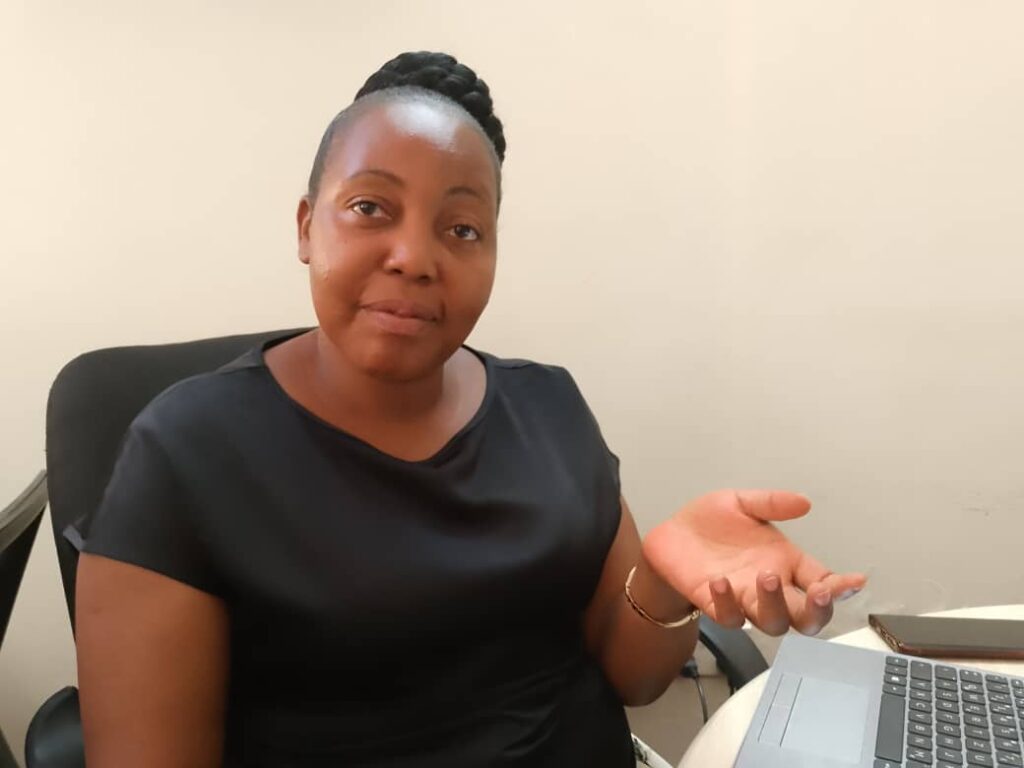
In recent years, Uganda has made visible strides toward inclusion. Sign language interpreters now appear regularly on national televisions, media briefings, and at major events by both government and private sector.
But beneath this surface of progress lies a silent crisis: the increasing presence of fake and unqualified sign language interpreters, whose actions are not only misleading but dangerously harmful to the Deaf community.
As President of the Uganda National Association of Sign Language Interpreters (UNASLI), I feel compelled to speak out on behalf of both professional interpreters and the Deaf Ugandans we serve. It is time the country confronts this issue head-on with honesty, urgency, and responsibility.
The Crisis
While efforts toward disability inclusion are commendable, the infiltration of fake interpreters threatens to undo the progress made in promoting accessibility of information for the Deaf community. These impersonators, often untrained in Ugandan Sign Language Interpreting, mislead audiences, distort messages, and exclude Deaf Ugandans from fully participating in critical areas such as health, justice, education, and governance.
The consequences are real and deeply concerning deaf patients misdiagnosed, court rulings misunderstood, and misinformation spreading unchecked during public emergencies.
What many Ugandans may not realise is that not all individuals who appear on screen, public spaces and national and international events are professionally trained. Some use gestures that do not align with Ugandan Sign Language (USL) the recognised language of Uganda’s Deaf community
This practice does not promote inclusion. Instead, it undermines it. Deaf persons deserve to receive information in a language they understand. When fake interpreters are used, this fundamental right is violated.
The Human Cost of Fake Interpreting
These impersonators are not just performing poorly; they are putting lives at risk. Consider a Deaf patient who visits a health facility and is misdiagnosed because the interpreter present cannot accurately convey their symptoms. Or imagine a Deaf voter misled during an election because the interpretation of a candidate’s message was flawed.
This is the reality faced by thousands of Deaf Ugandans every day misunderstood in courtrooms, mistreated in hospitals, and misinformed in schools and churches.
Communication is not a luxury. It is a right.
What Is Causing This Problem?
There is currently no national certification or regulation framework governing who qualifies as a professional interpreter in Uganda. This gap has left room for exploitation. Individuals who may have once attended a workshop or learned a few signs on TikTok and YouTube are now calling themselves interpreters at the cost of quality, trust, and safety.
Worse still, some institutions and media houses hire interpreters based on appearance, availability, or cost without verifying their qualifications or seeking input from the Deaf community.
A Call to Action
UNASLI is calling for immediate and concrete action from government, media houses, and civil society. Specifically, we recommend:
• Establishing a national certification board for sign language interpreters under the Ministry of Gender, Labour and Social Development.
• Introducing penalties for impersonation or misrepresentation in interpretation services
• Hiring interpreters in the public service across health, education, and justice sectors
• Engaging Deaf leaders and organisations in interpreter recruitment and policy development
We Have the Talent—Let’s Use It
Uganda has trained Sign Language interpreters. Kyambogo University continues to produce qualified interpreters, and UNASLI has a membership of committed professionals ready to serve with skill and integrity. The Deaf community has also produced leaders who can mentor and evaluate interpreters effectively.
What we lack is coordination and regulation
We cannot afford to let this continue. Every day we delay, more Deaf Ugandans are left out of conversations that affect their health, livelihoods, and futures. We urge the government and all stakeholders to act now because communication is a right not a privilege or luxury and it must be accurate.
By
MOREEN NAMBALIRWA
President Uganda National Association of Sign Language Interpreters UNASLI
Thanks for this article! For sure, people think that everyone who makes gestures and moves hands is an interpreter. The answer is “NO”. This is a language that should no be abused and it has consumers.
Terrible
Terrible
Thanks for your concern madam Moreen I really appreciate and support it. Am a sign language interpreter and my concern is that being an interpreter is not a miracle from heaven we put in a lot of effort to be that I know that lady she is not a fake interpreter it’s only that she is still learning.
But still fake interpreters are there and they should be penalised.
In conclusion interpreter who are still learning please first practice before you interprete me am good when it comes to church interpretations but hospital, politics, and interpreting news am not so good I have to first practice. I ague you interpreters who are still learning that practice is so important. People may not know that you are learning they will come out and judge you and they are right. I rest my case